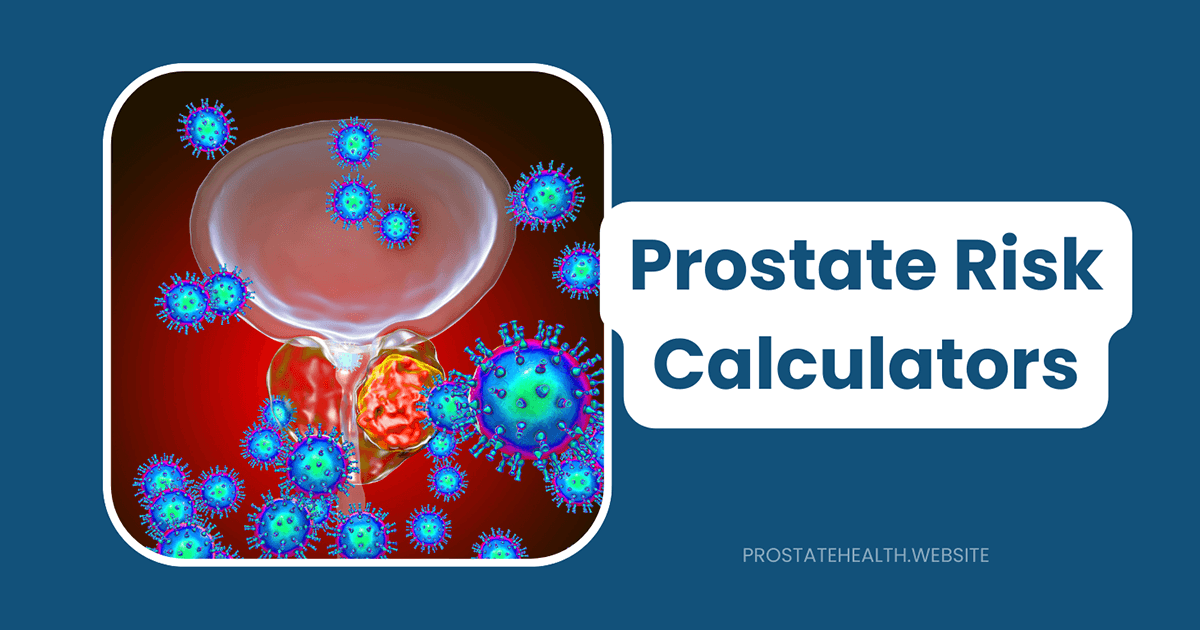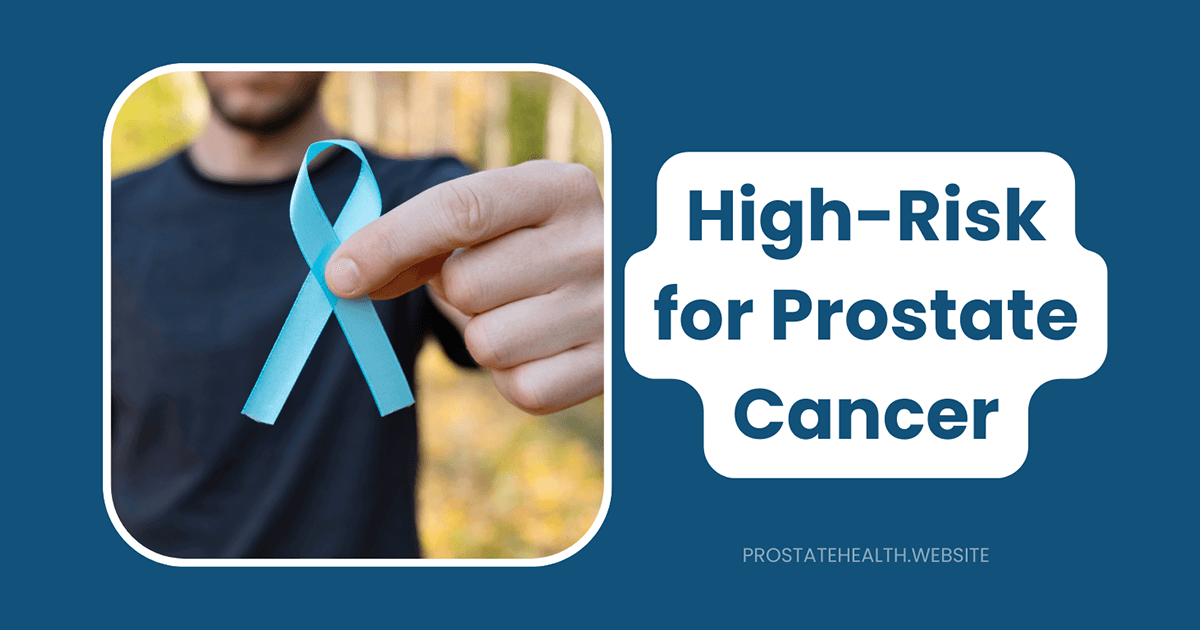Telling Family About Your Diagnosis: Communication Strategies

Receiving a prostate cancer diagnosis is life-altering. In that moment, countless thoughts race through your mind – concerns about treatment, survival rates, and quality of life. But one of the most immediate and challenging hurdles many men face is simply finding the words to tell their loved ones.
“The hardest conversation I’ve ever had wasn’t with my doctor – it was sitting down with my wife and children to tell them I had prostate cancer,” shares David, a 58-year-old prostate cancer survivor. “I wanted to protect them from worry, but I also needed their support.”
This experience resonates with many of the 313,780 men expected to be diagnosed with prostate cancer in 2025. While medical teams focus on treating the disease, the emotional task of communicating your diagnosis to family falls squarely on your shoulders. This guide offers practical strategies to navigate these difficult but necessary conversations, and sharing your diagnosis effectively.
Why Communication Matters
Before diving into how to tell your family, let’s address why open communication is so important:
- Strengthens support systems: Research shows that men who communicate openly about their diagnosis typically receive better practical and emotional support throughout treatment.
- Reduces isolation: Keeping your diagnosis private can intensify feelings of loneliness and anxiety.
- Improves treatment outcomes: Studies indicate that patients with strong support networks often experience better quality of life during treatment.
- Prevents misunderstandings: When family members understand what’s happening, they’re less likely to misinterpret changes in your behavior or mood.
As Bob Wright, a prostate cancer advocate, aptly described it, prostate cancer is a “couple’s disease” – and by extension, a family disease. Its impacts ripple through your entire support network, making honest communication essential.
Preparing for the Conversation
Taking time to prepare before sharing your diagnosis can help the conversation go more smoothly:
1. Process Your Own Emotions First
Give yourself time to absorb the news before sharing it. Consider:
- Journaling your thoughts and feelings
- Speaking with your doctor about any questions you have
- Consulting with a therapist or counselor who specializes in cancer patients
- Reviewing reliable information about your specific diagnosis and treatment options from sources like the American Cancer Society
2. Decide Who to Tell and When
Create a communication plan:
- Inner circle first: Typically spouse/partner, adult children, and closest friends
- Extended family and friends: After your inner circle has had time to process
- Colleagues and acquaintances: As needed, depending on how your treatment might affect your work and social life
3. Choose the Right Setting
The environment matters:
- Select a quiet, private place without distractions
- Allow plenty of time – these conversations shouldn’t be rushed
- Consider whether in-person, video call, or phone is most appropriate for each person
- For distant family members, decide if individual calls or a group call works better
4. Gather Resources
Having information ready can help answer questions:
- Bring basic information about your diagnosis and treatment plan
- Have the names and contact information for your medical team
- Consider bringing educational materials about prostate cancer to share
Communication Strategies for Different Family Members
Different relationships require different approaches. Here’s how to tailor your communication:
Talking to Your Partner/Spouse
Your partner will likely be your primary support person and will be affected by many aspects of your diagnosis and treatment:
- Be honest about your fears: Creating emotional intimacy now strengthens your partnership for the challenges ahead.
- Discuss potential treatment side effects: Particularly those affecting sexual function and continence, which can impact your relationship.
- Include them in decision-making: Research shows that couples who approach cancer as a team report higher relationship satisfaction.
- Acknowledge their emotions: Your partner may experience their own grief, fear, or anxiety about your diagnosis.
“When I told my wife about my diagnosis, I made sure to emphasize that we would face this together,” says Michael, 62. “I acknowledged that this would affect her life too, which helped us both feel like we were on the same team from day one.”
Communicating with Adult Children
Adult children often struggle with role reversal when a parent becomes ill:
- Be straightforward but hopeful: Provide accurate information while emphasizing your treatment plan.
- Set clear expectations: Let them know how they can help and what level of involvement you want them to have.
- Respect their emotional process: Some may want to jump into action, while others might need time to process.
- Consider their unique circumstances: Children with their own families or who live far away may have different capacities to provide support.
Talking to Younger Children and Grandchildren
Children deserve honest, age-appropriate information:
- For young children (under 10): Use simple explanations like “Grandpa is sick and needs medicine to get better. The doctors are helping me.”
- For older children and teens: Provide more details but avoid overwhelming them with medical information.
- Reassure them: Emphasize that cancer isn’t contagious and that they didn’t cause it.
- Maintain routines: Children find security in normalcy during uncertain times.
Informing Extended Family
For siblings, in-laws, and other extended family:
- Consider a spokesperson: If you have a large family, designate someone to share updates to reduce your communication burden.
- Use technology wisely: Group emails, private social media groups, or health update websites like CaringBridge can efficiently keep everyone informed.
- Set boundaries: Be clear about what kind of support you want and don’t want.
What to Say: Framing the Conversation
Finding the right words can be challenging. Here are some approaches that have helped other men:
Opening the Conversation
Start with a gentle introduction:
- “I need to share some health news with you. I recently saw my doctor and…”
- “I have something important to tell you. I’ve been diagnosed with prostate cancer, and I’d like to talk about what that means.”
- “I’ve received some challenging news that will affect our family, and I want to discuss it with you.”
Sharing the Facts
Provide clear, concise information:
- The specific diagnosis (type and stage of prostate cancer)
- The general treatment plan and timeline
- The prognosis, if you’re comfortable sharing it
Remember that you don’t need to share every detail. It’s perfectly acceptable to say, “I’m still learning about my options” or “I don’t have all the answers yet.”
Expressing Your Needs
Be specific about what would help you:
- “What would help me most right now is…”
- “I’d appreciate it if you could…”
- “I’m not ready to talk about ___ yet, but I would like your support with…”
Addressing Common Reactions
Be prepared for various responses:
- Shock and denial: “I understand this is surprising news. It was for me too.”
- Excessive worry: “I appreciate your concern. My doctors have a good plan in place.”
- Unwanted advice: “Thank you for the suggestion. Right now, I’m following my medical team’s recommendations.”
- Avoidance: “I notice you seem uncomfortable talking about this. Would it help if I shared some information about prostate cancer?”
Managing Difficult Aspects of Communication
Some aspects of these conversations can be particularly challenging:
Discussing Sexual Side Effects
Many men find it difficult to discuss potential sexual side effects of prostate cancer treatment:
- Be matter-of-fact: “Some treatments may affect sexual function, which is something I’m discussing with my doctors.”
- Focus on solutions: “There are many options to address these side effects, which we can explore if needed.”
- Consider separate conversations: You might discuss medical details with your partner first, then share a more general overview with other family members.
Handling Emotional Responses
Both you and your family members may experience strong emotions:
- Allow for silence: Sometimes quiet presence is more supportive than words.
- Acknowledge tears: “It’s okay to cry. This is difficult news for all of us.”
- Take breaks: “I think we both need some time to process this. Let’s continue our conversation tomorrow.”
When Family Members Can’t Cope
Sometimes family members may react poorly due to their own fears:
- Set boundaries: “I understand this is difficult, but I need positive support right now.”
- Suggest resources: “There are support groups for family members that might help you process this.”
- Seek alternative support: If certain family members can’t provide the support you need, it’s okay to turn to friends or support groups.
Communication Throughout Your Cancer Journey
Your communication needs will evolve as you progress through treatment:
During Treatment
- Provide regular updates: Consider a weekly email or designated time to share news.
- Be honest about good and bad days: This helps family members know when to step up support.
- Discuss changing needs: As treatment progresses, your support needs may change.
After Treatment
- Share milestones: Celebrate completed treatments and good test results together.
- Address the “new normal”: Be open about any lasting changes to your health or lifestyle.
- Acknowledge fear of recurrence: This is common for both patients and family members.
Tools and Resources to Help
Several tools can make family communication easier:
Digital Resources
- Health update websites: CaringBridge or MyLifeLine allow you to post updates for all your loved ones.
- Scheduling tools: MealTrain or LotsaHelpingHands help coordinate support from family and friends.
- Video calling: For distant family members, platforms like Zoom or FaceTime allow for more personal conversations than phone calls.
Professional Support
- Family counseling: Consider a session with a therapist who specializes in families affected by cancer.
- Social workers: Many cancer centers have social workers who can facilitate family meetings.
- Support groups: Both in-person and online groups exist for prostate cancer patients and their families.
Real Men, Real Conversations
Learning from others who have navigated these conversations can be helpful:
“I told my adult sons separately, tailoring the conversation to each of their personalities. My oldest needed all the medical details, while my youngest was more concerned about how I was feeling emotionally.” – James, 67
“Using humor helped my family and me cope. I told them, ‘The good news is I finally have an excuse for getting up three times a night!’ Finding moments of lightness made the heavy conversations easier.” – Robert, 59
“I created a private Facebook group for updates. This way, I could share news when I felt up to it, and family members could offer support without overwhelming me with individual calls and texts.” – Thomas, 63
Moving Forward Together
Telling your family about your prostate cancer diagnosis is just the beginning of a journey you’ll navigate together. With thoughtful communication, you can transform what begins as difficult news into an opportunity for deeper connection and mutual support.
Remember that there’s no perfect way to have these conversations. What matters most is that you communicate in a way that feels authentic to you and your relationships. By sharing your diagnosis, you’re giving your loved ones the chance to support you – and that support can make a meaningful difference in your cancer journey.
As you move forward, continue to be honest about your needs, listen to your family’s concerns, and remember that it’s okay to adjust your communication approach as circumstances change. The goal isn’t perfect communication but rather creating understanding that strengthens your support system when you need it most.






